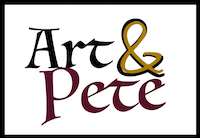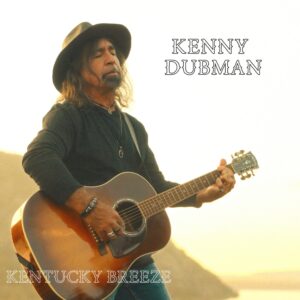
Flashback: Firs lady Clar Weah addresses audience during the CAF Player of the Years award ceremony. (Photo: CAF)
— Says use of his ‘Sweet Liberia’ and ‘Keep on Trying’ songs without a license or permission is unauthorized and illegal
Music icon Zack Roberts has threatened to sue First Lady Clar Weah and her foundation and other international organizations, including USAID, for the use of his ‘Sweet Liberia’ and ‘Keep on Trying’ songs in promotional jingles without a license or permission.
‘Sweet Liberia’ and ‘Keep on Trying’ were hit songs during the 1980s, during the renaissance of Liberian music and were produced as a collaborative venture between Roberts and his longtime friend Geebah Swaray.
Music license, according to Wikipedia, is the right, granted by the copyright holder or his/her agent, for the broadcast, recreation, or performance of a copyrighted work for monetary compensation or other benefits. However, in the event of a lack of license or permission from the artist or his agent, then it is a copyright violation.
According to Roberts, the First Lady and her foundation used his Sweet Liberia song in a promotional jingle of her “She’s You” Movement without a license or permission.
Roberts further explained that USAID, Fauna & Flora International, Partners in Development and the Forestry Development Authority used both ‘Sweet Liberia’ and ‘Keep on Trying’ on their promotional jingles for the West African Biodiversity and Climate Change Program, also without acquiring a license.
“I am not against their program, but my goal is to have people comply with the law so that I can get the necessary benefits of my work. By taking legal action, I am standing up for my rights and all Liberian artists whose creative work continues to be violated without getting any benefits,” Roberts told the Daily Observer.
He added that his lawyer has communicated to the various parties for a conference to offer a license, but they have constantly turned down the chance for a settlement
The singer added, “Despite the efforts, they have reportedly refused to honor our communication. Instead, they have continued to play the jingles after being informed of violating my intellectual property rights.”
Roberts further noticed that the use of his songs by the First Lady and USAID and its partners on the West Africa Biodiversity Climax Program create the false impression that he has endorsed or approved their program.
Efforts to reach Mr. Kwame Clement, USAID Liberia communications director, via email and telephone, did not materialize.
“I don’t have a problem endorsing any programs, but it should be done properly, most especially when it comes to the use of my intellectual property,” the musician said.
In an interview with FrontPage Africa, Arthur Douglas, the spokesperson for the office of the First Lady, said that they are in the process of responding to Roberts’ communication.
“We are in the process of arranging an audience and we have not refused to discuss the issue he has raised. We are at a point of arranging a meeting,” Douglas said.
The use of an artist’s song without his/her permission is nothing new in Liberia and has become rampant at the country’s highest level. However, the law on whether an individual or organization has to acquire a license before production of jingles, especially for charity or developmental purposes, has a few twists and turns and it is not clear.
While the greatest good of the public in some cases oversees private individual need, the problem is the lack of total clarity on the issues of Fair Use in the country’s 2016 IP law, particularly the use of an artist’s work for charity purposes.







